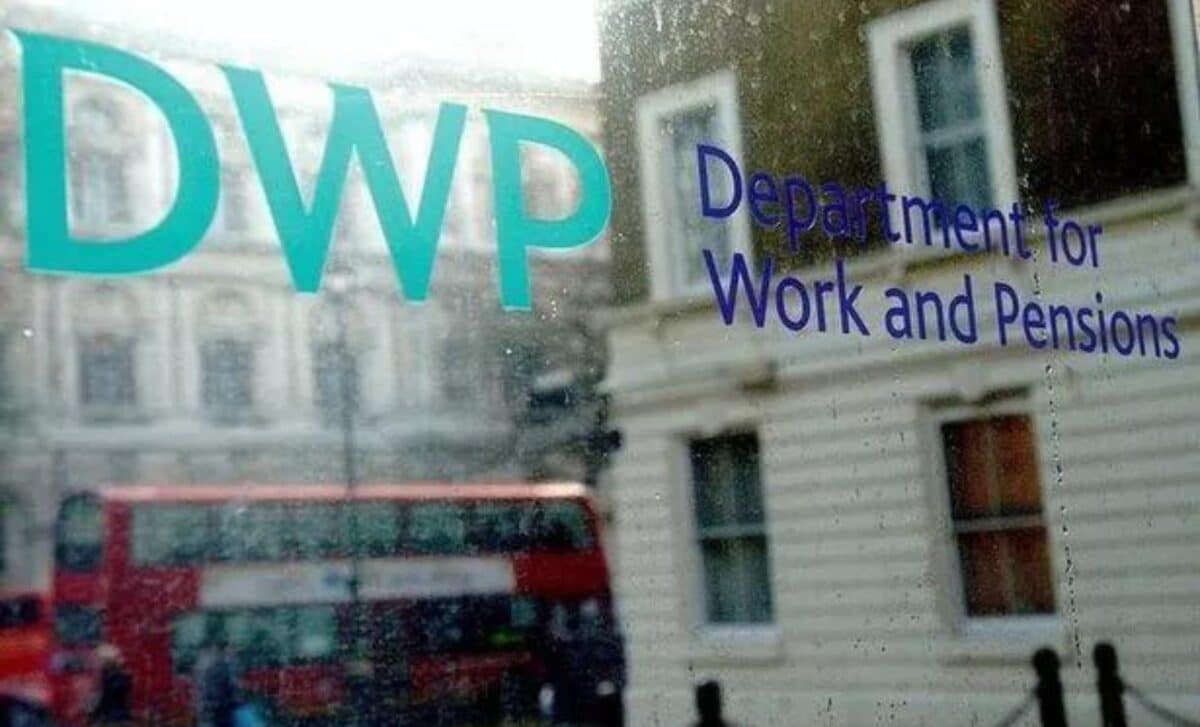New Department for Work and Pensions (DWP) Secretary Liz Kendall is set to reaffirm Labour’s dedication to its manifesto Back-to-work plan, emphasizing that addressing economic inactivity is crucial to the UK Government’s top priority of boosting the economy during her visit to a Jobcentre in Leeds on Tuesday.
Labour Government’s Initiative to Boost Employment and Support Disabled Workers
The Work and Pensions Secretary has said that creating better jobs and pledging to tackle the underlying causes of unemployment are the Labour Government’s primary concerns. In line with their manifesto promise, the party has announced plans to merge Jobcentre Plus and the National Careers Service. This initiative aims to boost employment rates and help people find more fulfilling jobs.
In addition, the party has committed to providing increased support for disabled people and those with health conditions with the goal of getting them back into the workforce “by devolving more power to local areas so they can shape a joined-up work, health, and skills offer that suits the needs of the people they serve”.
Former prime minister Rishi Sunak had received criticism after delivering a speech on welfare reform in April. Critics accused him of a “hostile rhetoric” on Fit Notes and characterized the proposals as a “full-on assault on disabled people”.
Labour’s Plan to Address Worklessness and Boost Economic Participation
Among the plans are measures to halt benefits for those who don’t comply with conditions set by a work coach, along with a proposal to reform Personal Independence Payment (PIP) through the introduction of vouchers, grants and other one-time support schemes.
Disability equality charity Scope has praised the new Government’s “positive vision” but urged it to offer reassurance to disabled individuals who are unable to work “that they won’t be forced into unsuitable jobs, or have vital financial support taken away”.
An analysis by the Resolution Foundation previously estimated that welfare spending will increase by nearly £21 billion per year by the next parliament’s end, with the rise driven almost entirely by pensions and disability benefits.
Ms Kendall stated that the surging rates of economic inactivity have become unacceptable and immediate measures must be adopted, with 9.4 million people currently not engaged in the workforce, a record 2.8 million people on long-term sick-leave, and 900,000 youngsters not in education, training and employment.
During her visit to Leeds, Ms Kendall stated: “Growth is our number one mission and, as the Chancellor said, our Back to Work Plan is central to achieving our plans.
“Economic inactivity is holding Britain back – it’s bad for people, it’s bad for businesses, and it’s bad for growth. It’s not good enough that the UK is the only G7 country with employment not back to pre-pandemic levels.
“It is time for change in every corner of the country. We’ll create more good jobs, make work pay, transform skills, and overhaul jobcentres, alongside action to tackle the root causes of worklessness including poor physical and mental health.
“Change delivered by local areas for local people, driving growth and delivering opportunity and prosperity to everyone, wherever they live.”
DWP’s Local Empowerment Initiative Aims to Support Disabled Workers’ Reintegration
The Department for Work and Pensions (DWP) said that they aim to encourage more disabled people and those with health conditions to re-enter the workforce by devolving more power to local areas so they can shape integrated programmes in work, health, and skills to better meet the needs of their communities.
The Department’s new ministerial team will assess the support provided to people with health conditions, including those aged 18 to 24 and over 50 by the Job Centre in Leeds.
James Taylor, executive director of strategy at Scope, stated: “Tackling economic inactivity by addressing the root causes of ill health and NHS waiting lists, rather than demonising people who are too unwell to work, is a victory for common sense.
“Bringing in a localised approach is a key part of this – local advisers are best placed to advise on local opportunities for disabled people.
“We encourage the Government to go further and address other significant barriers disabled people face, such as employers’ negative attitudes, inflexible working practices, and backlogs getting the right support.”










This is all fine I understand what there trying to do in theory and I love the (Idea) of going back to work. But when you’ve got a condition that changes from literally one minute to the next that makes me walk backwards, wobble about like a penguin and need walking sticks constantly I become a danger not only to my self but also to work colleagues to. And whose gonna employ someone who might have to go home suddenly because after 15 minutes I’ve done to much and I’m shattered and I need 2 days to recuperate. And in the winter months I get worse because the cold effects my bones. I also don’t have any qualifications I used to work in factories since I was 16. Makes me laugh when they go on about saying there’s jobs out there yeah right (If your qualified for them that is) love to see disabled people trying to pick fruit or pick and pack like I used to before I was ill don’t think there’s many wheelchairs that can get up and down stairs. Oh were short on bricķlayers to need a bloody big ramp to do the bricks at the top of them houses. Woohoo another idea by the government that gets peoples hopes up and crushes them when it comes to the reality. Like I say I love the idea of going back to work but I know physically I can’t. The government have got to learn to also trust that disabled people know there limitations as we’re the ones that have to live with it every day. Try getting the people who aren’t employed and not disabled in work first after all more and more people are gonna become unemployed because of the new national insurance payments you’ve put on companies. So there’s a few more 1000 workers you’ve got to find work for as well as the steel factory you shut and no doubt the oil workers will be next when we all go green and no more oil being pumped out the sea. before trying to force disabled people who have limitations and find day to day living already difficult. And all these disabled.ed people you want to get back to work what are they gonna train them up as that alone would cost millions cus I don’t think people on pip have really got enough money to pay for courses at college or university courses.